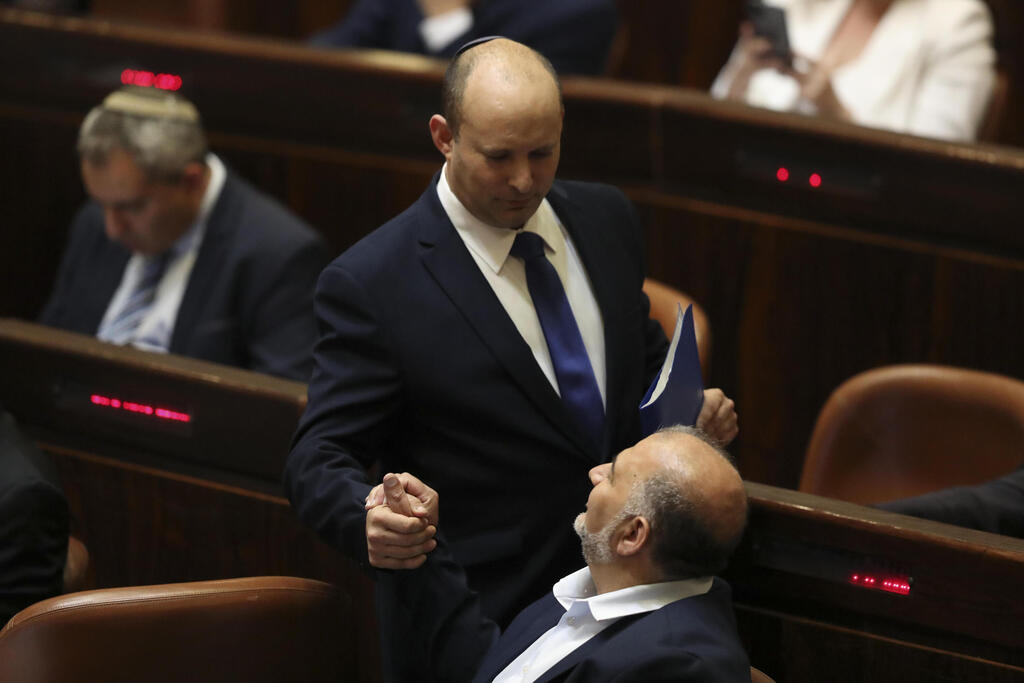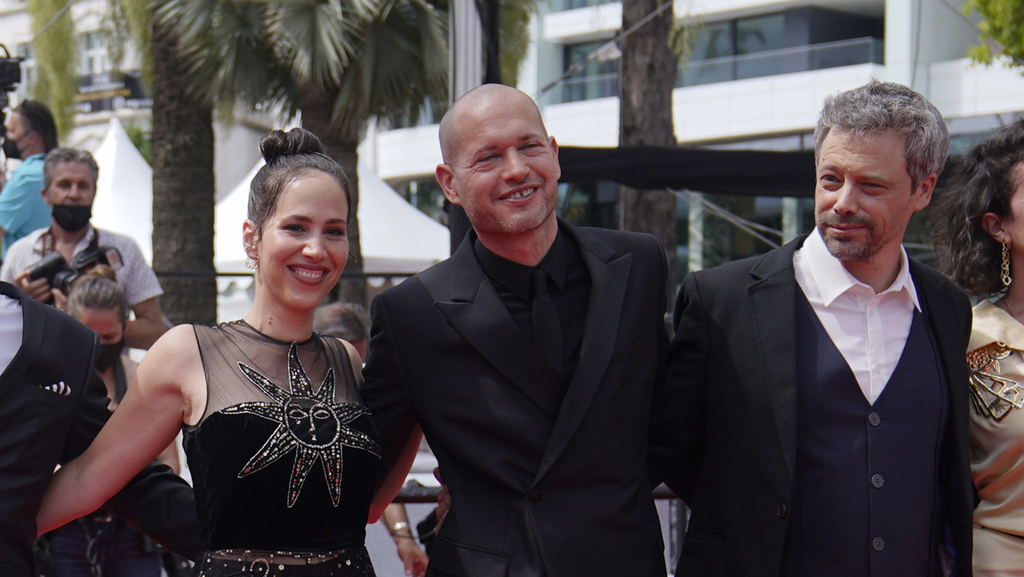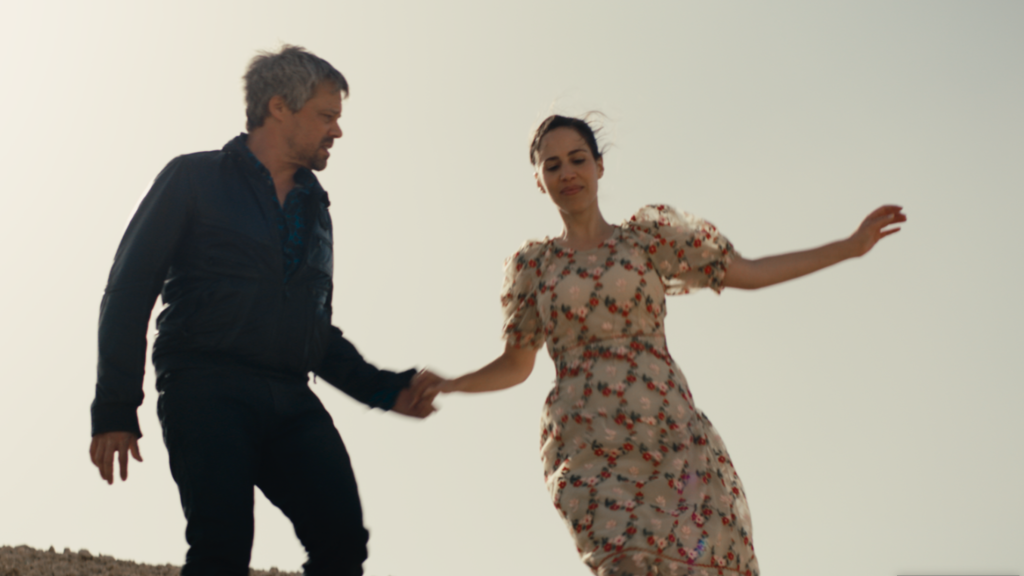The rising star of Israeli cinema Nadav Lapid has launched a blistering attack on censorship in his country with Cannes entry "Ahed's Knee," saying that his compatriots remain "diseased and blinded" by politics.
The 46-year-old director won the top prize at the Berlin film festival in 2019 for "Synonyms", a loosely autobiographical story about a young man trying to shed his Israeli identity when he moves to Paris.
His latest, in competition for the Palme d'Or at Cannes, is also based on a real-life event: a call Lapid received from an Israeli official, inviting him to present a film in a remote desert village, but also asking him to sign a form promising to stick to certain approved subjects.
Speaking at Cannes, Lapid says his biggest concern was how such moves forced artists to censor themselves.
"The sad thing in Israel is you don't have to put tanks in front of the Israeli Film Fund, you don't have to arrest a director and throw him in jail like in Russia. It's effective just to say 'enough politics, guys, let's talk about family.'
"What bothers me is not the censorship of the state, but when censorship becomes part of your soul, your mind. Censorship from within. It accompanies you like a shadow," he says.
Lapid said he actually welcomed the worsening censorship under recent right-wing governments -- over issues such as the treatment of Palestinians -- since it meant artists were finally tasting the same repression as other parts of society.
"It was a country that was so oppressive to a part of its population but at the same time, filmmakers had total liberty," he says. "It became a kind of joke."
Now, he s, the authorities had shown their true colors.
"They say: 'We dominate the country, why don't we also dominate the cinema?' Maybe it's a good thing. I don't think filmmakers should be protected... As a filmmaker there's a limit to how long you can stand on a hill and see the valleys burning. Now, the fire also gets to us... Let's burn!"
3 View gallery


Ra'am leader Mansour Abbas, seen talking to Prime Minister Naftali Bennett in the Knesset, heads the first Arab party to ever be a member of a Israeli government coalition
(Photo: AP)
He was dismissive of the idea that anything might change with the end of Benjamin Netanyahu's reign last month.
"I don't think there's any reason to think that the issues that really matter in Israeli society will change because of this new political constellation," Lapid says.
"This disease is still there... people are still totally blind. The Israeli soul is still living this endless state of victimization."
But "Ahed's Knee" is also a warning that constantly fighting the system can also backfire.
"I don't think I'm making right or left-wing films. They're full of contradictions," he says.
"At the end of the film, you see how opposing the state is the only possible choice, but on the other hand, in the end, you have exactly the same diseases that you are fighting against."



